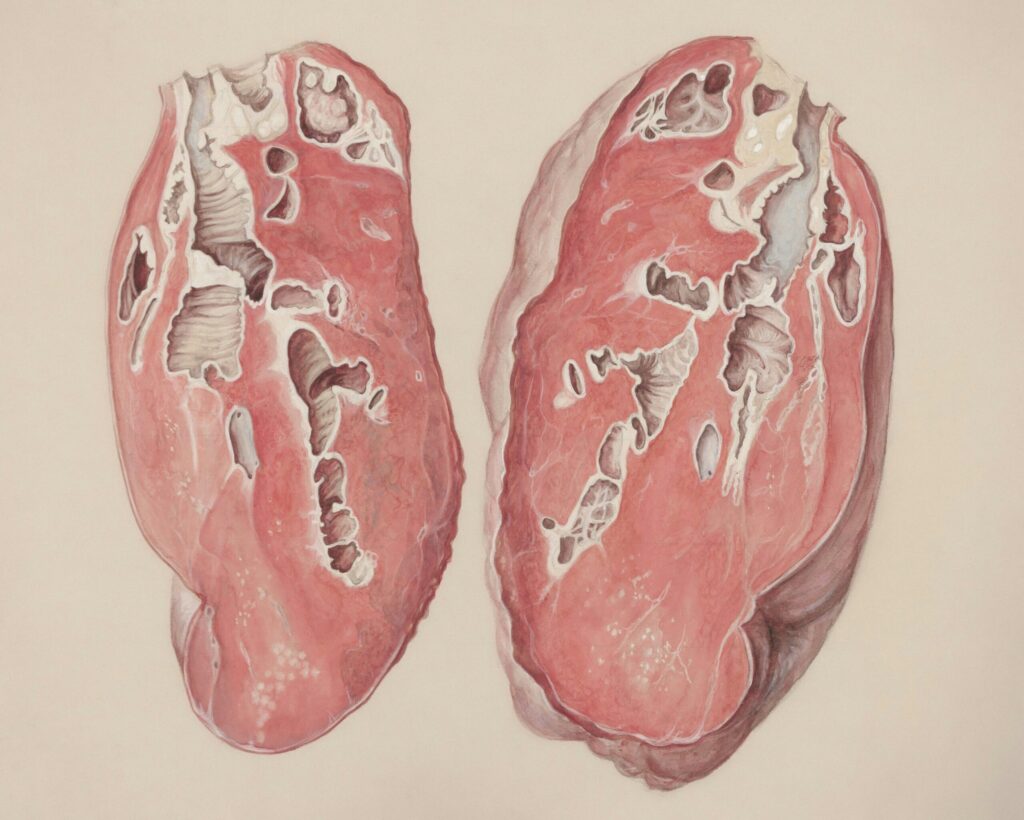Understanding Psoriasis and Inflammation
Psoriasis is an immune-mediated skin condition that causes raised, red patches and flaky scales. Though it mainly affects the skin, it’s not just skin-deep. Experts link it to internal inflammation, making managing chronic inflammation with psoriasis a major focus in treatment.

In people with psoriasis, immune cells build up in the dermis, triggering skin cell growth to speed up. Normally, skin cells shed monthly. With psoriasis, this cycle happens in days. As a result, skin cells stack up, forming thick, scaly patches. This immune imbalance not only impacts the skin, but it may also raise the risk of heart disease, cancer, and psoriatic arthritis.
Natural Ways to Reduce Psoriasis-Related Inflammation
Lifestyle and diet changes can help manage the internal inflammation that worsens psoriasis.
Eat an Anti-Inflammatory Diet
A healthy diet is one way to lower inflammation. Avoid soda, sugary snacks, and processed meats. These foods can trigger flare-ups. Instead, eat fresh fruits, vegetables, whole grains, and lean protein.
One large study found that people who followed a Mediterranean diet experienced less severe psoriasis symptoms. Reducing inflammatory foods may ease symptoms and help achieve remission.
Maintain a Healthy Weight
Obesity increases the risk and severity of psoriasis. Shedding excess weight reduces inflammatory markers. A 2020 study showed that people who lost 12% of their body weight saw up to a 75% drop in symptom severity.
Daily Habits to Control Inflammation

Simple daily habits can also ease inflammation. Here are a few science-backed strategies:
-
Quit smoking: Smoking worsens psoriasis symptoms and inflammation.
-
Limit alcohol: Alcohol can trigger flare-ups.
-
Stay active: Avoid sitting for long periods. Regular exercise reduces symptoms.
-
Get enough sleep: Lack of sleep fuels inflammation. Aim for 7–9 hours each night.
-
Manage stress: Stress is a top trigger. Meditation and yoga can help calm the immune system.
When to Talk to a Doctor
If you’re experiencing worsening symptoms or flare-ups, talk to a dermatologist. They can suggest medications or lifestyle changes based on your case. Treatments like biologics, corticosteroids, or supplements may be recommended.
Managing chronic inflammation with psoriasis takes effort, but the right approach can reduce flare-ups and improve overall well-being.

